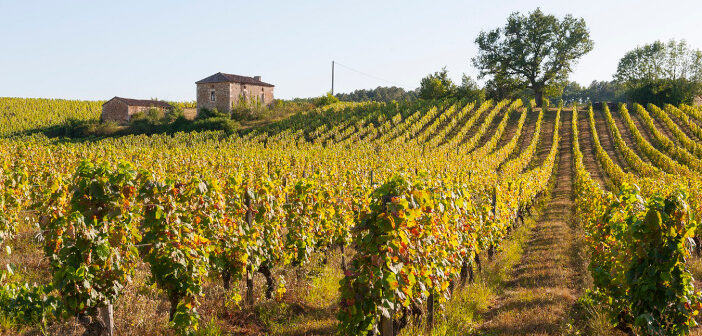Researchers at Scotland’s Rural College (SRUC) have been investigating actions taken by French winegrowers to adopt specific practices to enhance soil carbon sequestration (SCS). The use of these measures can mitigate climate change by increasing the carbon sink function of soils.
As one of the largest producers of wine in the world, the French viticultural sector were surveyed about the use of six SCS practices: applying organic amendments; using biochar – a charcoal produced from plant matter; returning pruning residues to the soil; no-tillage; cover cropping and introducing or preserving hedges in the vineyard.
Findings showed that nearly all of the 506 respondents have adopted at least one practice, with only two not using any measures at all. 91% said that they return pruning residues to the soil, and 73% use organic amendments and cover cropping. Over half (57%) keep hedges maintained with 48% practicing no-tillage methods.
The main reason given for the adoption of these measures was to overcome degradation of the soil caused by conventional management. Barriers such as soil type, vineyard size and access to suitable equipment were given as reasons for not adopting. the practice. The study found that when financial support was offered through agri-environment schemes, the uptake increased but education is also required about the positive impact of the practices on the environment.
Lead researcher and post-doctoral researcher at SRUC, Florian Payen, said: “The adoption of SCS practices in the viticultural sector – and in the agricultural sector as a whole – is crucial in our fight against climate change.
“Better understanding the motives and barriers to the adoption of SCS practices in vineyards can help in the design of further land use policies that enhance the uptake of these practices. It may also be of value for policymakers interested in developing climate change mitigation and adaptation policy instruments in the agricultural sector more broadly.”
The research was funded by the Natural Environment Research Council (NERC) as part of the Soils-R-GGREAT project and published in the Frontiers in Sustainable Food Systems journal.




